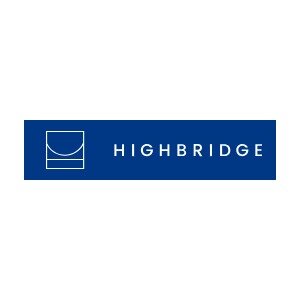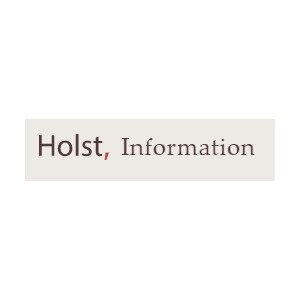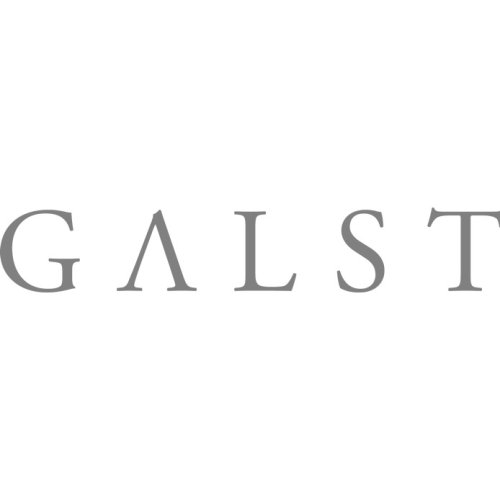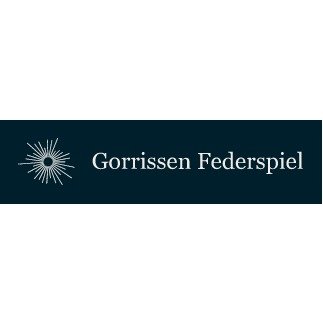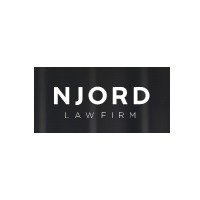Best Energy Regulatory Law Lawyers in Copenhagen
Share your needs with us, get contacted by law firms.
Free. Takes 2 min.
List of the best lawyers in Copenhagen, Denmark
About Energy Regulatory Law in Copenhagen, Denmark
Energy Regulatory Law in Copenhagen, Denmark governs the production, distribution, and consumption of energy within the city and nationwide. It addresses how energy markets are organized, the regulation of utilities, the transition towards renewable energy sources, and compliance with both Danish and European Union (EU) energy policies. With Denmark's commitment to sustainable energy and the green transition, energy regulation aims to ensure market competitiveness, consumer protection, and environmental responsibility.
Why You May Need a Lawyer
There are several situations where individuals, businesses, or organizations may require legal advice or representation in relation to Energy Regulatory Law in Copenhagen:
- Starting or operating an energy company and needing to comply with complex licensing and regulatory requirements.
- Participating in renewable energy projects, such as wind farms or solar power installations, which involve special permitting and grid connection rules.
- Negotiating contracts and commercial agreements with energy suppliers or distributors.
- Encountering disputes, such as disagreements over tariffs, grid access, or service quality with utilities or regulators.
- Adapting to changes in Danish energy law or EU directives and regulations that impact your business or household energy use.
- Dealing with issues around emissions, environmental impact assessments, or compliance with sustainability goals.
- Handling complaints, appeals, or enforcement actions before regulatory bodies such as the Danish Utility Regulator (Forsyningstilsynet).
Local Laws Overview
Copenhagen adheres to Danish national energy legislation which is heavily influenced by EU regulations. Some key aspects include:
- The Danish Electricity Supply Act: This law regulates the electricity market, setting rules for supply, network operation, and consumer rights.
- Renewable Energy Act: The framework for Denmark's ambitious green energy goals and incentives for renewable energy use and production.
- Grid Access and Tariffs: Rules on how producers and consumers connect to the energy grid and how tariffs are calculated, aiming for fairness and transparency.
- Energy Efficiency Legislation: Policies to drive reduced energy consumption in buildings, industry, and public sectors.
- Consumer Protection: Regulations ensuring that energy consumers are treated fairly, have access to information, and can resolve disputes.
- Role of Regulatory Authorities: The Danish Utility Regulator oversees compliance, monitors market behavior, and enforces regulations.
- Permit and Licensing Requirements: Businesses entering the energy market must obtain proper permits and adhere to strict operational standards.
Frequently Asked Questions
What types of energy projects require regulatory approval in Copenhagen?
Most commercial energy activities, including electricity generation, grid development, and large-scale renewable installations, require permits or licenses from Danish authorities.
How can I connect my renewable energy project to the grid?
You must apply for grid connection with the relevant network operator, comply with technical standards, and often undergo an environmental impact assessment.
What consumer protections exist for energy users in Copenhagen?
Consumers have rights concerning transparency, fair pricing, complaint handling, and access to alternative suppliers, as outlined in Danish and EU law.
What are the key regulatory bodies for energy in Denmark?
The Danish Utility Regulator, the Danish Energy Agency, and the Danish Competition and Consumer Authority oversee energy regulation, enforcement, and market behavior.
Are there incentives for investing in renewable energy?
Yes, Denmark offers various subsidies and funding schemes for renewable energy producers and technologies, often managed through the Danish Energy Agency.
Is energy supply in Copenhagen competitive or monopolized?
The energy market is liberalized, allowing several suppliers, though network operation often remains a regulated monopoly to ensure grid reliability.
How do energy tariffs get set?
Tariffs are determined based on a regulated framework considering operational costs, infrastructure investments, and fair return, periodically reviewed by authorities.
What recourse do I have if I disagree with an energy supplier or regulator?
Complaints and disputes can be taken to the Danish Utility Regulator or special consumer complaint boards for mediation or resolution.
What environmental requirements impact energy providers?
Energy providers must comply with strict environmental standards, emissions limits, and reporting duties, especially regarding renewable energy and climate targets.
Can foreign companies invest in the Danish energy sector?
Yes, international investments are welcomed but must conform to the same regulations, permits, and regulatory oversight as Danish firms.
Additional Resources
Several organizations and public authorities offer information, guidance, and support regarding Energy Regulatory Law in Copenhagen:
- Danish Utility Regulator (Forsyningstilsynet) - Oversight and consumer protection in the energy market.
- Danish Energy Agency (Energistyrelsen) - Policy, renewable energy programs, permits, and regulatory information.
- Danish Competition and Consumer Authority (Konkurrence- og Forbrugerstyrelsen) - Market competition and consumer rights.
- Copenhagen Energy Utilities - Local utility providers offer information on supply, tariffs, and services.
- Legal aid clinics and the Danish Bar Association offer directories for finding specialized energy lawyers.
Next Steps
If you need legal assistance with an Energy Regulatory Law issue in Copenhagen, consider the following steps:
- Define your legal issue clearly, gathering any relevant documentation related to your case or inquiry.
- Review information from trusted public authorities such as the Danish Utility Regulator or Danish Energy Agency.
- Contact a lawyer experienced in Energy Regulatory Law. Many lawyers offer initial consultations to assess your situation.
- If your issue involves a complaint or dispute, consider contacting relevant complaint boards or mediation services.
- If you are starting or investing in an energy project, ensure you understand all permitting and regulatory requirements before proceeding.
Having professional legal guidance ensures compliance, protects your interests, and helps you navigate the complex field of Energy Regulatory Law in Copenhagen, Denmark.
Lawzana helps you find the best lawyers and law firms in Copenhagen through a curated and pre-screened list of qualified legal professionals. Our platform offers rankings and detailed profiles of attorneys and law firms, allowing you to compare based on practice areas, including Energy Regulatory Law, experience, and client feedback.
Each profile includes a description of the firm's areas of practice, client reviews, team members and partners, year of establishment, spoken languages, office locations, contact information, social media presence, and any published articles or resources. Most firms on our platform speak English and are experienced in both local and international legal matters.
Get a quote from top-rated law firms in Copenhagen, Denmark — quickly, securely, and without unnecessary hassle.
Disclaimer:
The information provided on this page is for general informational purposes only and does not constitute legal advice. While we strive to ensure the accuracy and relevance of the content, legal information may change over time, and interpretations of the law can vary. You should always consult with a qualified legal professional for advice specific to your situation.
We disclaim all liability for actions taken or not taken based on the content of this page. If you believe any information is incorrect or outdated, please contact us, and we will review and update it where appropriate.




